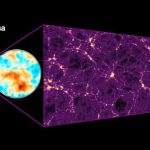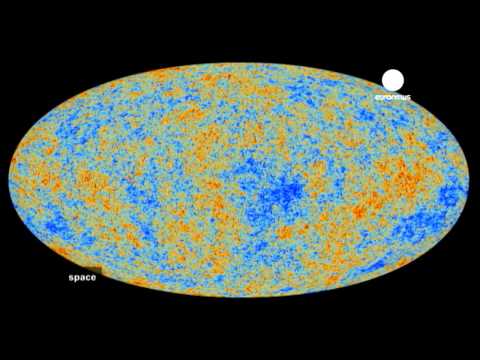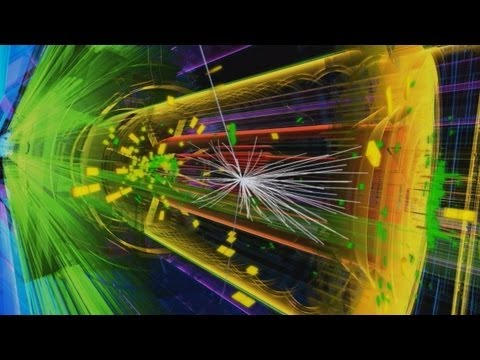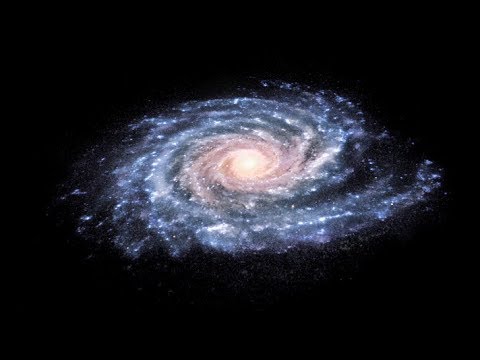This animation highlights some of the many discoveries made by ESA’s Planck space telescope over its 4.5 year observing career, from new discoveries in our home Milky Way Galaxy stretching back to the first few moments after the Big Bang 13.82 billion years ago.
Credits: ESA
Read more on the ESA website:
http://www.esa.int/Our_Activities/Space_Science/Planck/Celebrating_the_legacy_of_ESA_s_Planck_mission





Leave a Reply